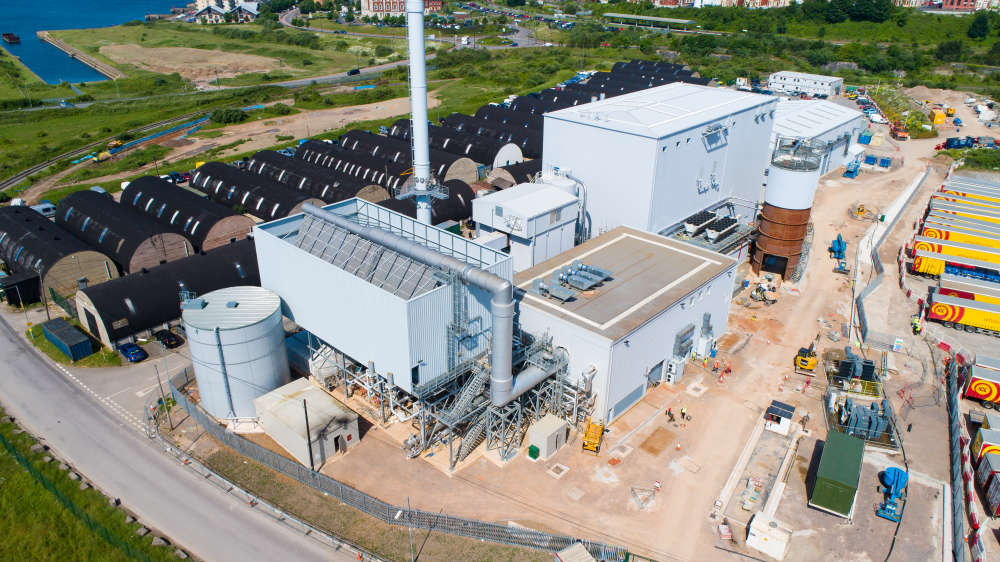
The controversial incinerator at Barry Docks looks set to be put into administration, according to press reports.
It's understood Aviva Investors could be about to withdraw from three waste-to-power plants, including Barry Biomass, after writing off £368 million.
Last week, Ends Waste and Bioenergy reported staff were facing redundancy at all three sites, including Hull in East Yorkshire and Boston in Lincolnshire.
The Barry plant has remained in limbo since it was built, with the Welsh Government yet to grant final planning permission to Barry Biomass UK No.2 Ltd.
An enforcement notice issued by Vale Council in 2021 was quashed two years later following an appeal to Planning and Environment Decisions Wales (PEDW), with the local authority told to pay costs.
In March this year, councillors rejected a retrospective planning application for the wood-fired plant - the planning committee said it failed to demonstrate that the plant would not have an adverse environmental impact.
But the final decision still rests with ministers in Cardiff Bay and two further planning appeals remain active.
Vale Council leader Lis Burnett said: "The council notes with interest reports in the media that Aviva might withdraw from the waste gasification sector and the consequences that may have for its plant in Barry."
“We are very much aware of the strength of local feeling regarding this development, which is something we have always been mindful of."
“We continue to closely monitor the situation as we seek clarification regarding the exact position and will provide further comment should a definitive announcement be made.”
According to The Guardian, Aviva's accounts show that the three incinerators have accumulated loans totalling £480 million from investors between 2015 and 2023.
The Barry facility has remained idle, but while the Hull and Boston plants have been operational, it's believed they have underperformed in the amount of electricity output created.
According to the Barry Biomass website, the plant heats waste wood chip at a high temperature to power a steam turbine and produce electricity.
They add that the renewable electricity produced, 10MWe, would be enough to power 27,000 homes.
Plans for the site were first announced in 2008, but it took until 2015 to approve them.
Plaid Cymru, which has opposed the incinerator since plans were first announced in 2008, have called on the Welsh Government to refuse planning permission and end the sixteen-year "saga".
Cllr Ian Johnson, who leads the Plaid group on Vale Council, said: "We argued that this was the wrong location, in the centre of Barry, close to schools and houses, and that the technology was unsuitable, as there are greener, better ways of generating energy."
"Welsh Government should have stepped in much earlier and told them that this plant was unacceptable."
Cllr Mark Hooper, who represents the Baruc ward for Plaid, added: "Although Aviva are apparently putting the site into administration, having lost more than £350m on this and two other similar plants in England, the incinerator has now been built and there is the potential for another company to pick up where they have left off."
"Residents are angry that this project has got to where it is - they feel ignored and let down. It represents just another example of Government, at various levels, acting over the head of the local populations."
"Welsh Government should now end this whole sorry saga by refusing the plans and removing the cloud that has long been over this development."
Aviva have not made any comment on the reports publicly but a Welsh Government spokesperson told the Local Democracy Reporting Service that decisions on the two planning appeals will be "communicated in due course".
They added it would be inappropriate to comment further whilst the appeals process was ongoing.
Bro Radio News has contacted Barry Biomass for a response.
Additional reporting by Ted Peskett, local democracy reporter for Cardiff and the Vale of Glamorgan.




 Vale line closes for engineering works
Vale line closes for engineering works
 Freedom of the Vale for RNLI volunteers
Freedom of the Vale for RNLI volunteers
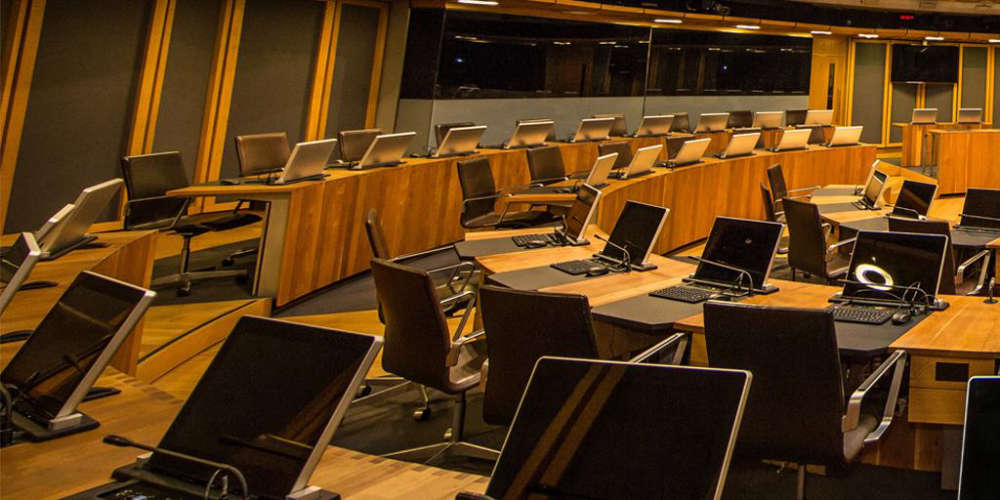 Senedd moving out of Siambr
Senedd moving out of Siambr
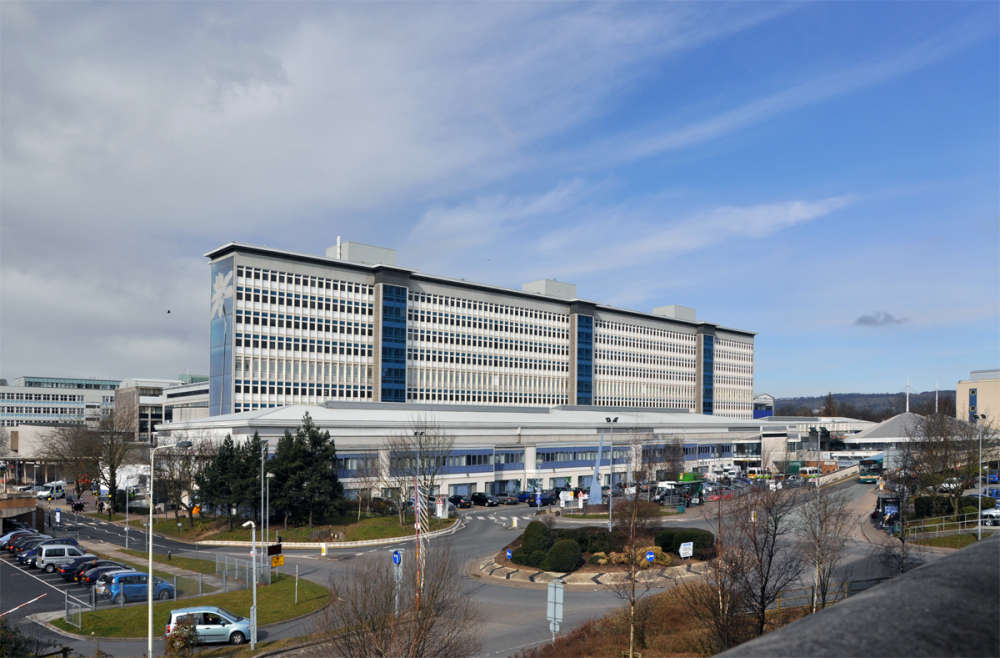 Norovirus: hospital pressure 'exceptional'
Norovirus: hospital pressure 'exceptional'
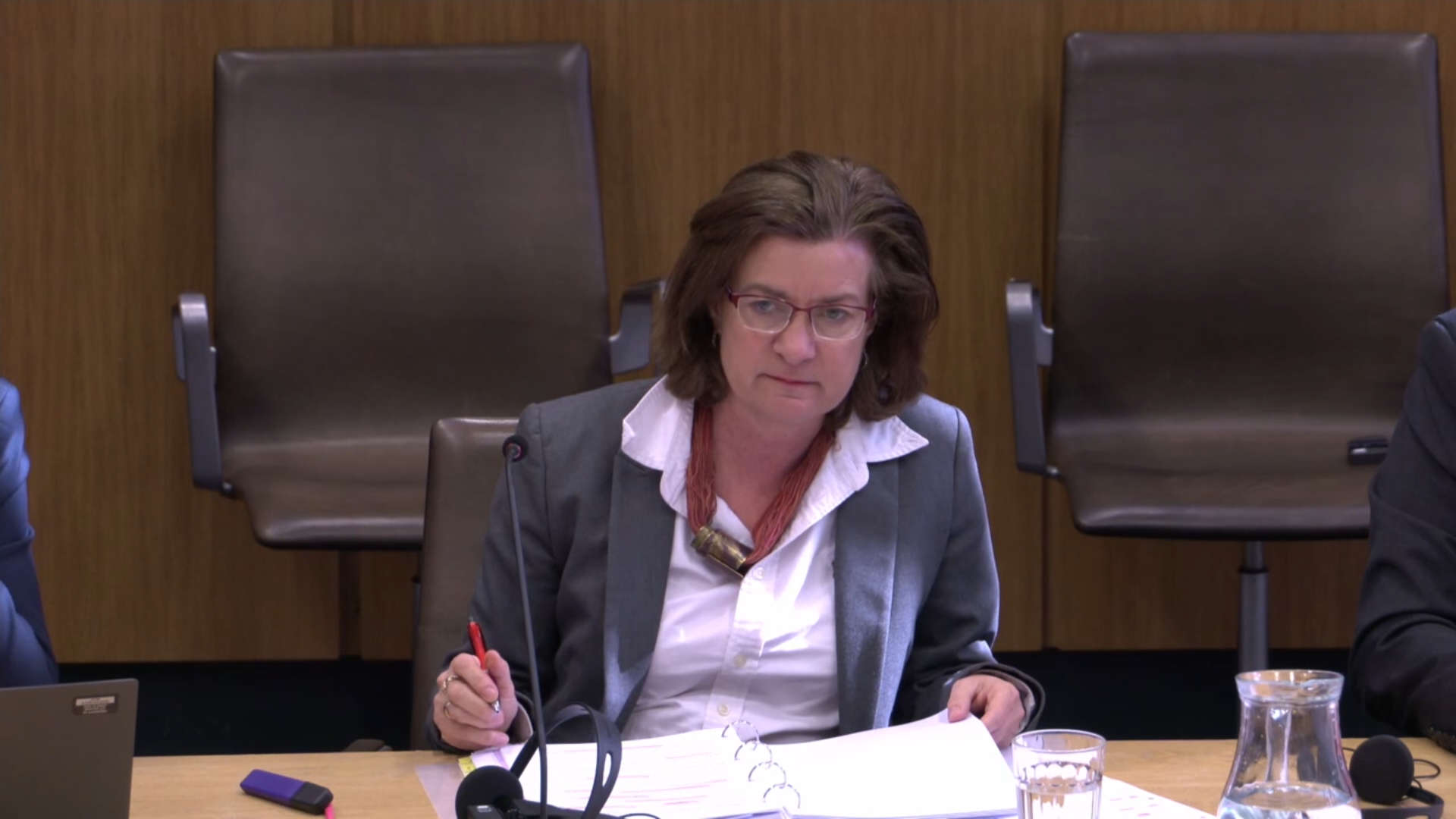 Morgan grilled over £4.8bn benefit cuts
Morgan grilled over £4.8bn benefit cuts
 Barry Bike Club to return
Barry Bike Club to return
 St David bravery award for Penarth lifesaver
St David bravery award for Penarth lifesaver
 Ruth Jones honoured with St David Award
Ruth Jones honoured with St David Award
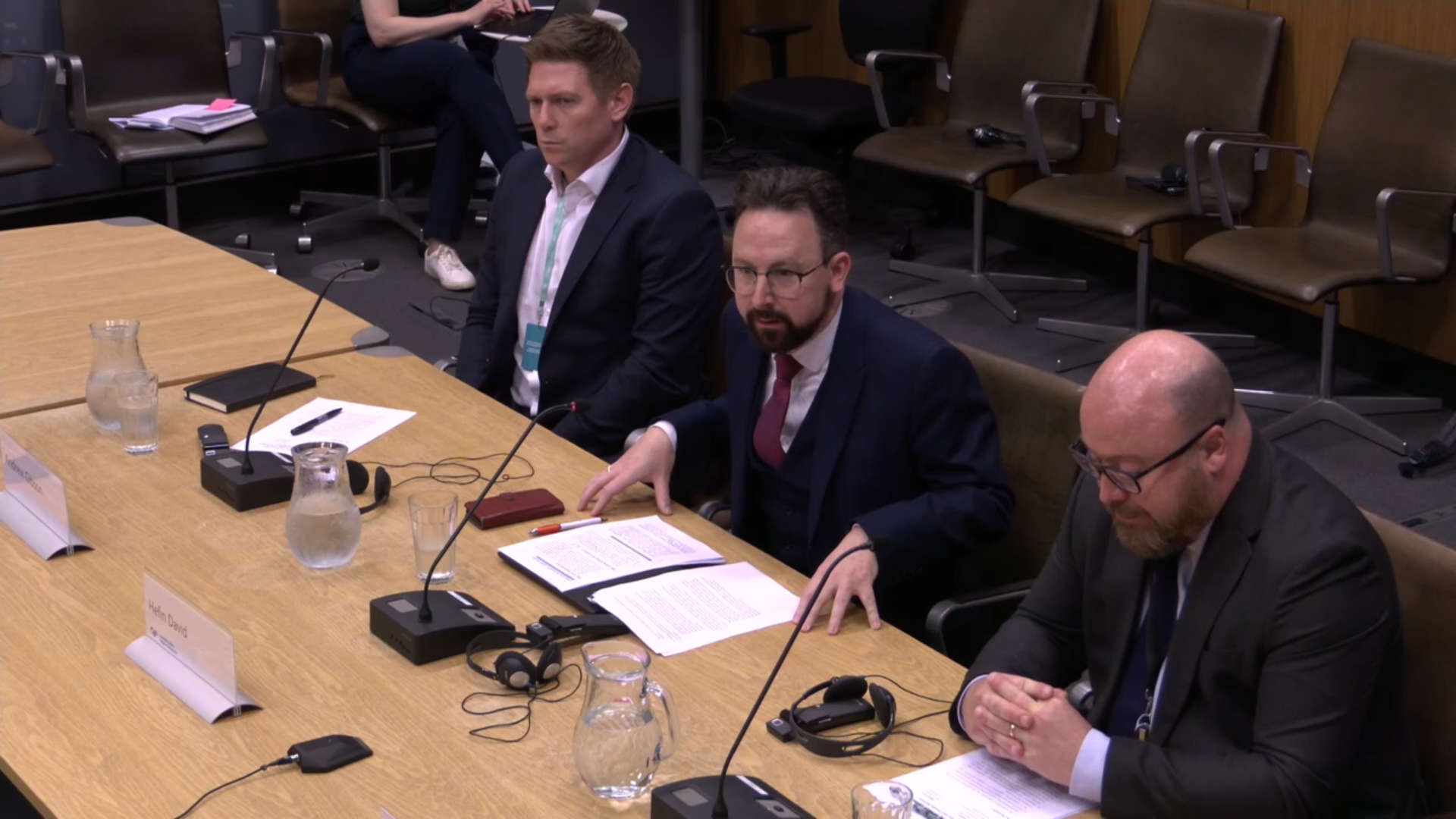 Plans for ‘crumbling’ Senedd offices face scrutiny
Plans for ‘crumbling’ Senedd offices face scrutiny
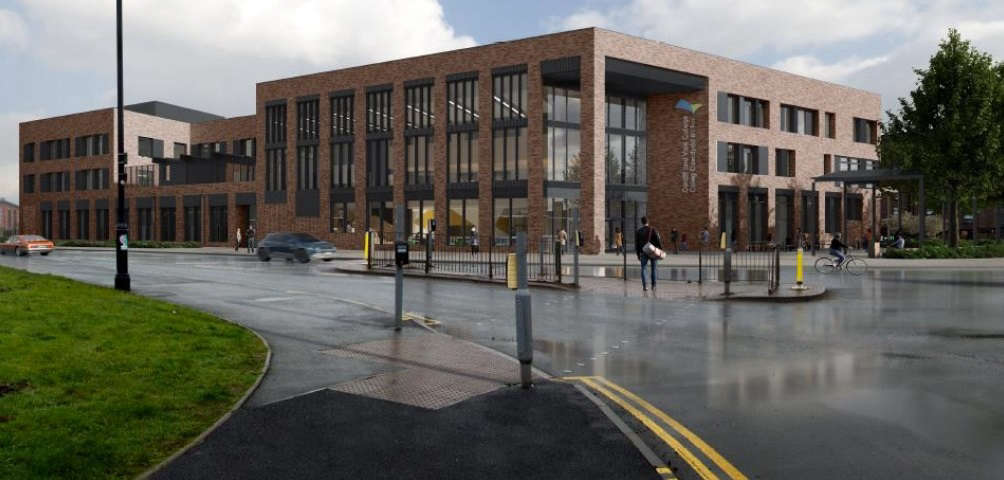 Work to start on new Vale campuses
Work to start on new Vale campuses
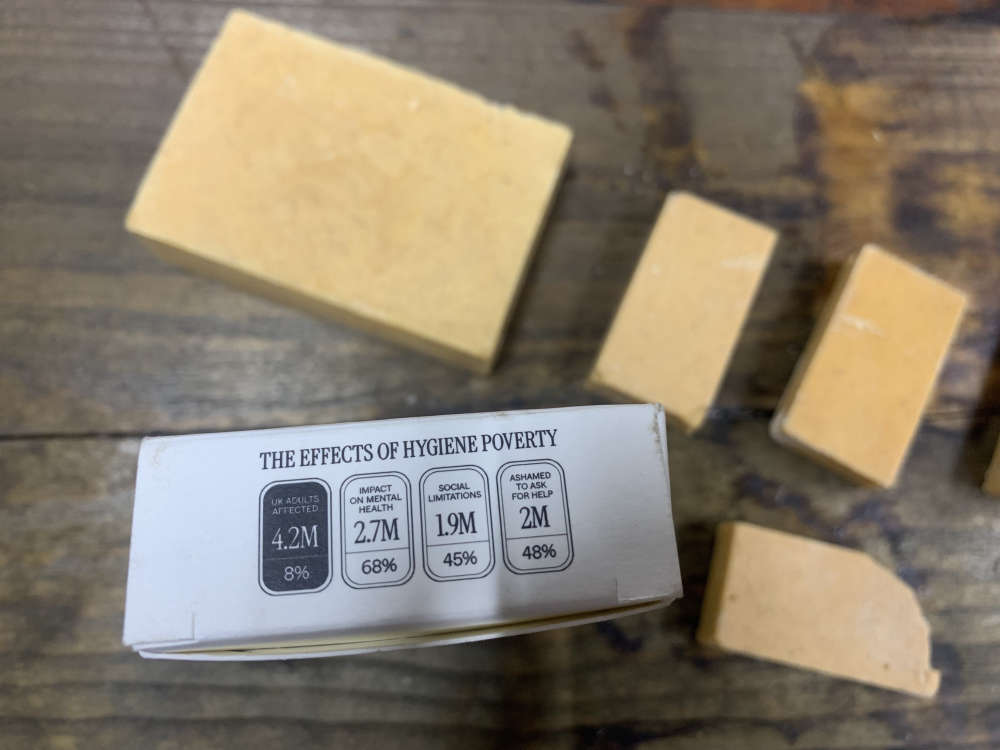 Barry Company launches world's first edible soap
Barry Company launches world's first edible soap
 First Minister visits Barry Makerspace
First Minister visits Barry Makerspace
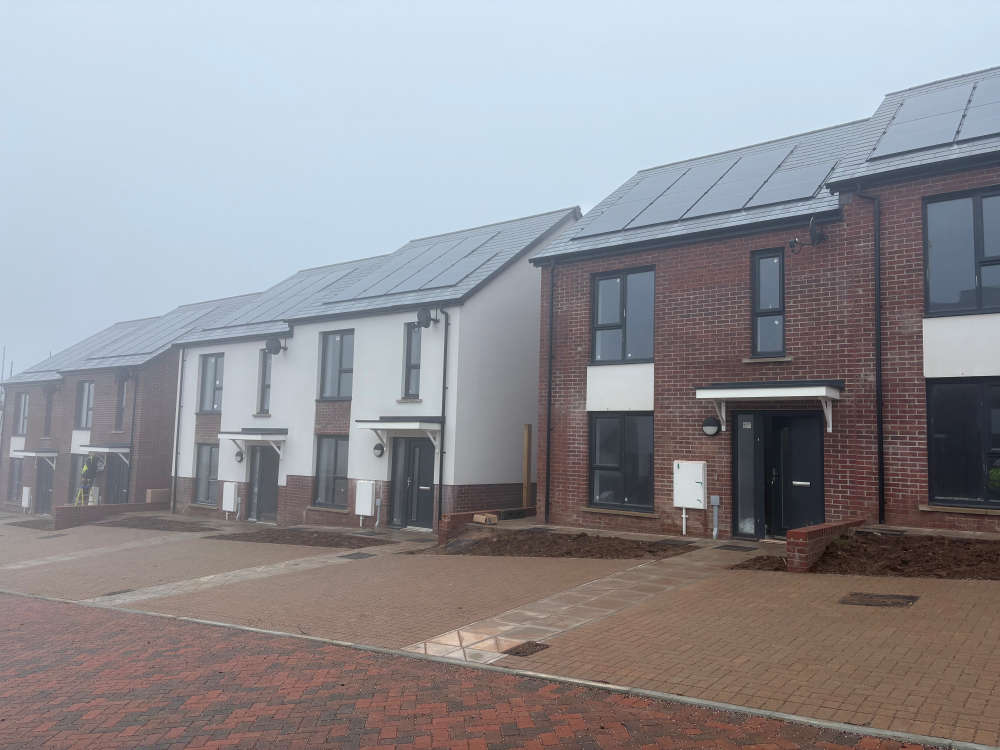 Council's housing waiting list grows again
Council's housing waiting list grows again
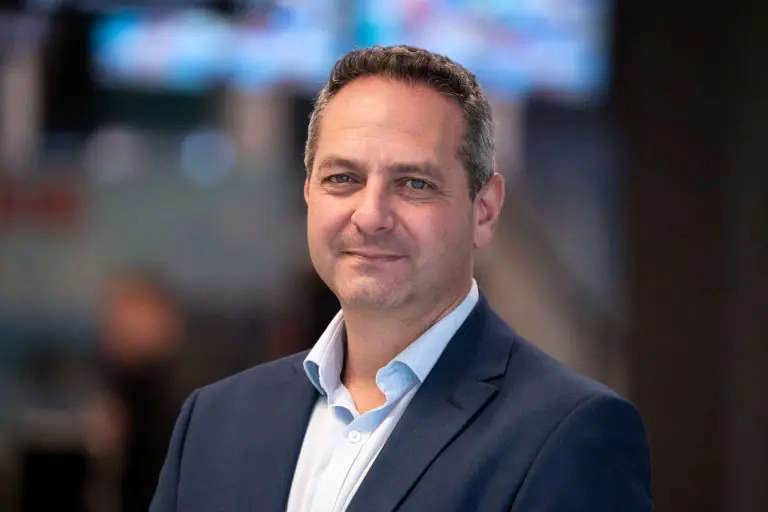 Cardiff Airport's chief exeuctive quits
Cardiff Airport's chief exeuctive quits
 Norovirus: hospital visitor ban extended
Norovirus: hospital visitor ban extended
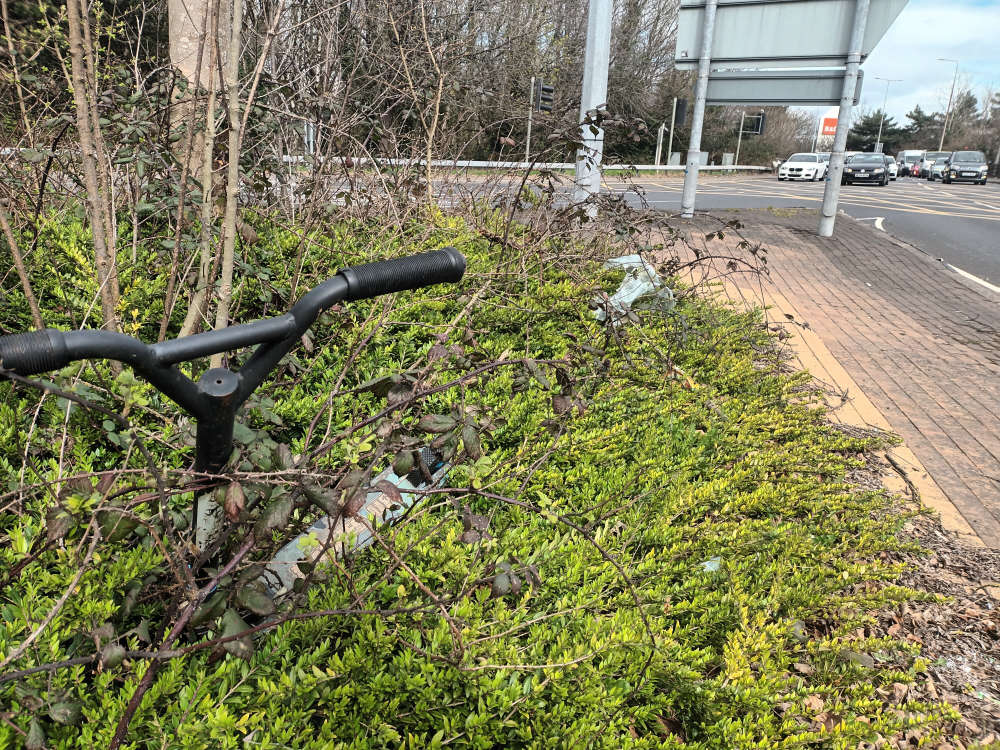 Littering on the increase, charity warns
Littering on the increase, charity warns
 Hot Chicks – 'powerfully performed yet disappointingly stereotypical'
Hot Chicks – 'powerfully performed yet disappointingly stereotypical'
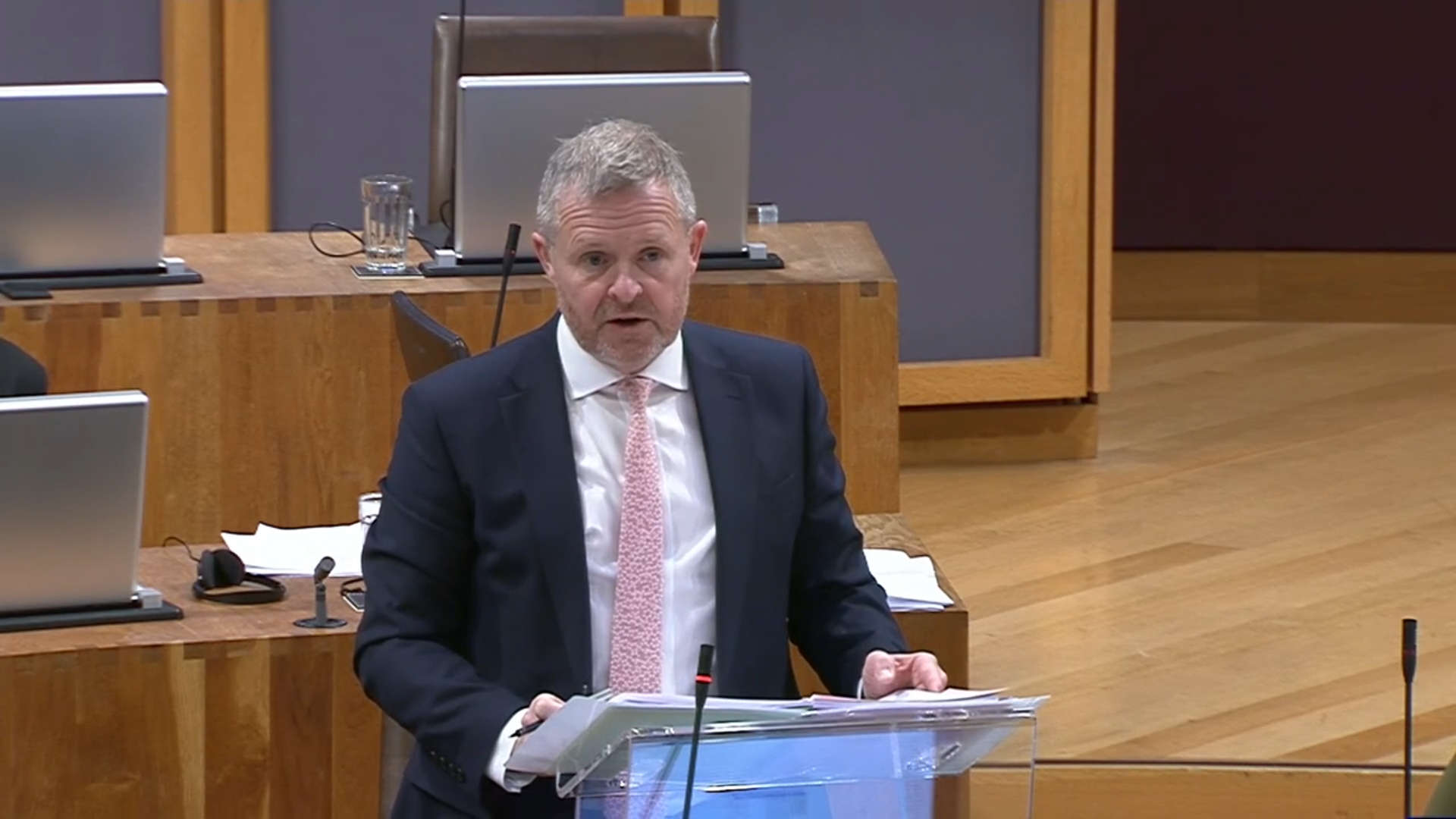 Unhealthy meal deal ban passes by one vote
Unhealthy meal deal ban passes by one vote





